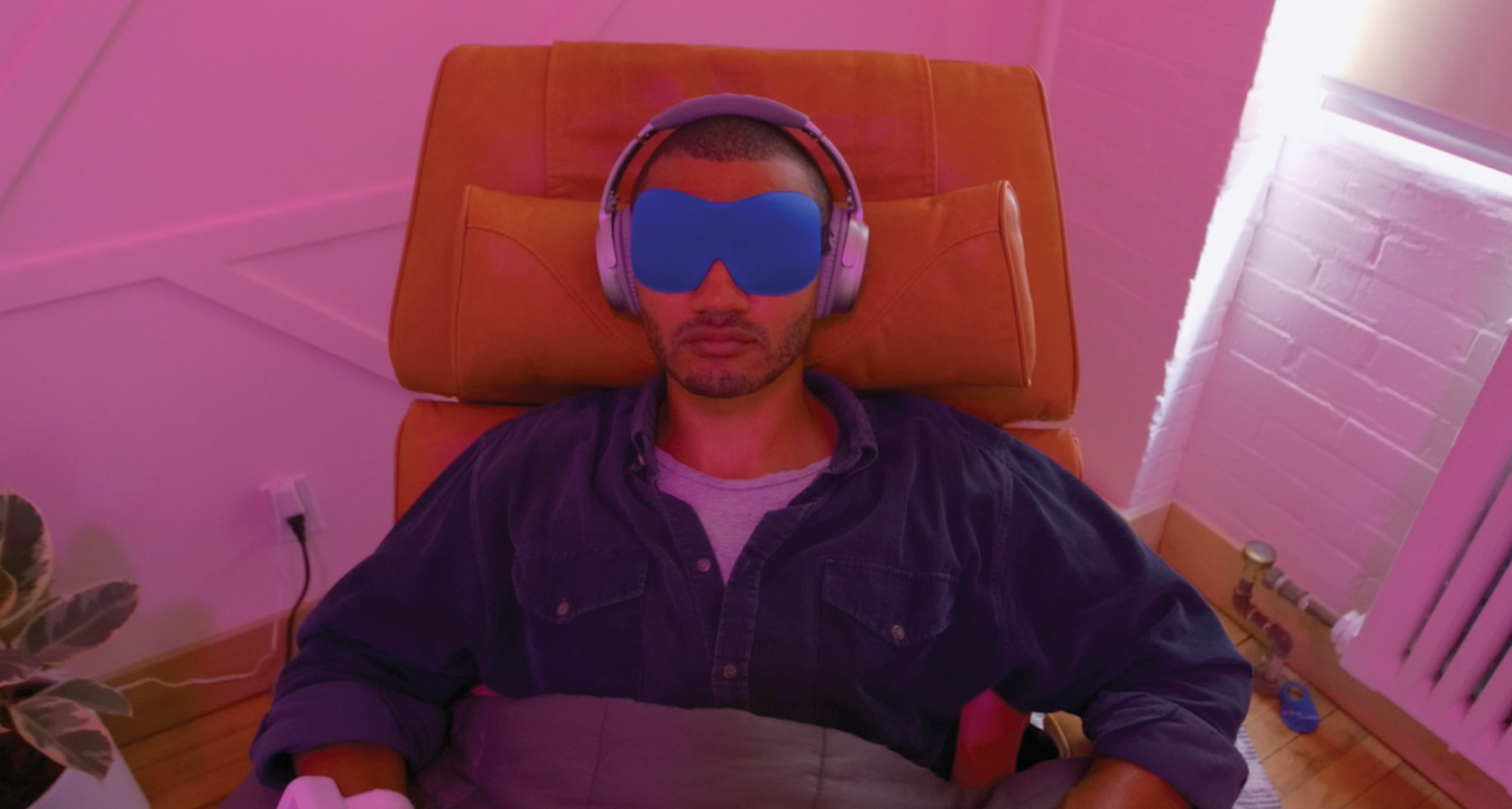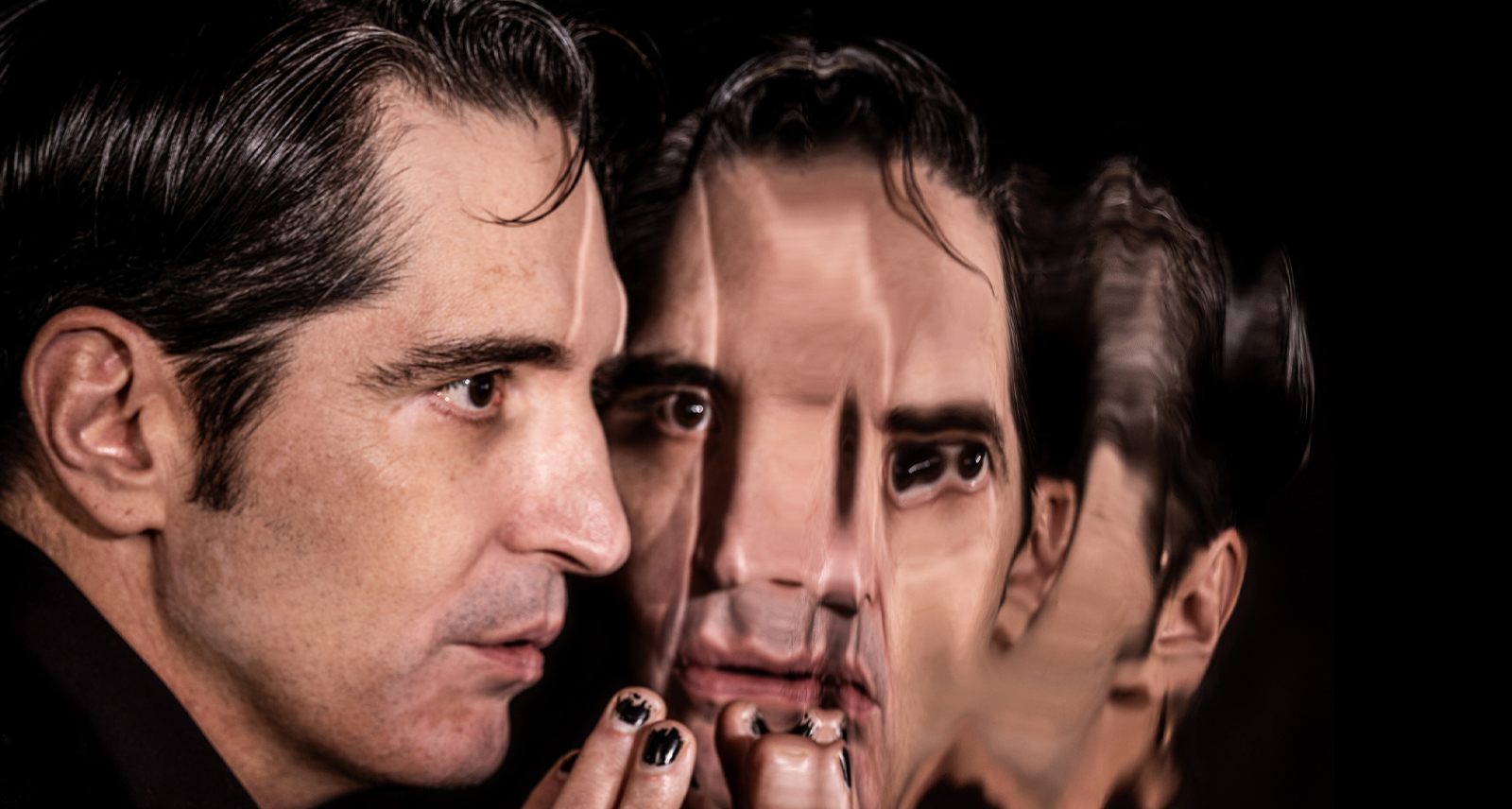Why Psychedelic-Assisted Therapy Might Be Right for You
Field Trip & Sharp
Psychedelic drugs are helping people across Canada improve their mental health. Despite what your high school health teacher might have told you, a dose of ketamine, LSD or psilocybin (better known as magic mushrooms) – when administered in a controlled setting by a trained medical professional – can be highly effective in treating conditions like PTSD and depression. “The fact is that most of the things that you or I probably learned about psychedelics was either an outright lie or a gross exaggeration,” says Ronan Levy, founder and executive chairman of Field Trip Health, a Toronto-based company specializing in psychedelic-assisted therapy. Not only are psychedelics less addictive and less harmful on the whole than other drugs (including prescription drugs), according to research conducted by Johns Hopkins University and Imperial College London, these once-vilified substances can be used to effectively treat anxiety, addiction and many other serious mental health conditions.
“When you look at the evidence around psychedelics and psychedelic-assisted therapies, it’s really profound,” says Levy, whose company operates health centres in Toronto, and a handful of other major cities in the US and Europe. “We’re using these molecules to enhance the effects of therapy and help people go deeper, faster, so they can make more progress than they otherwise would in conventional therapeutic approaches.
For Levy, Field Trip’s mission is a broad one: to eventually use psychedelic-assisted therapies to improve the quality of life for all people. “There’s evidence to suggest that even if you don’t have clinical diagnoses of depression or anxiety, that psychedelic therapies can still be beneficial,” he says, citing evidence of psychedelics being successfully used to treat migraines and early-onset Alzheimers, among other conditions. As the research advances, and government regulations broaden to permit therapeutic use of drugs like psilocybin and MDMA, the active ingredient in ecstasy, more therapies for more conditions may become available in future. In the meantime, Field Trip’s psychedelic therapy treatments rely on ketamine, a Health Canada-approved anesthetic that’s been shown to treat depression, anxiety, and other mood disorders when used in combination with psychotherapy.

Field Trip’s patients must first undergo a medical screening before embarking on a series of sessions at the company’s health centre, which is outfitted in plush furniture, soothing colours, and a small forest’s worth of potted plants, all the better to put patients’ minds at ease. With the help of an eyeshade and soothing music, they are then guided through an hourlong ketamine “trip,” followed by an exploratory therapy session to discuss the experience. After that is an integration session, in which therapists apply conventional cognitive behavioural therapy techniques to help drive a lasting change in habits and outlook.
According to Levy, the experience is usually pleasant, free of freaky hallucinations, paranoia, or any of the other negative effects sometimes associated with these drugs. “The truth is, the current belief is that there’s no such thing as a bad trip, per se,” he says. It’s one of many misconceptions about psychedelics that Field Trip is working to challenge — one life-changing trip at a time.












